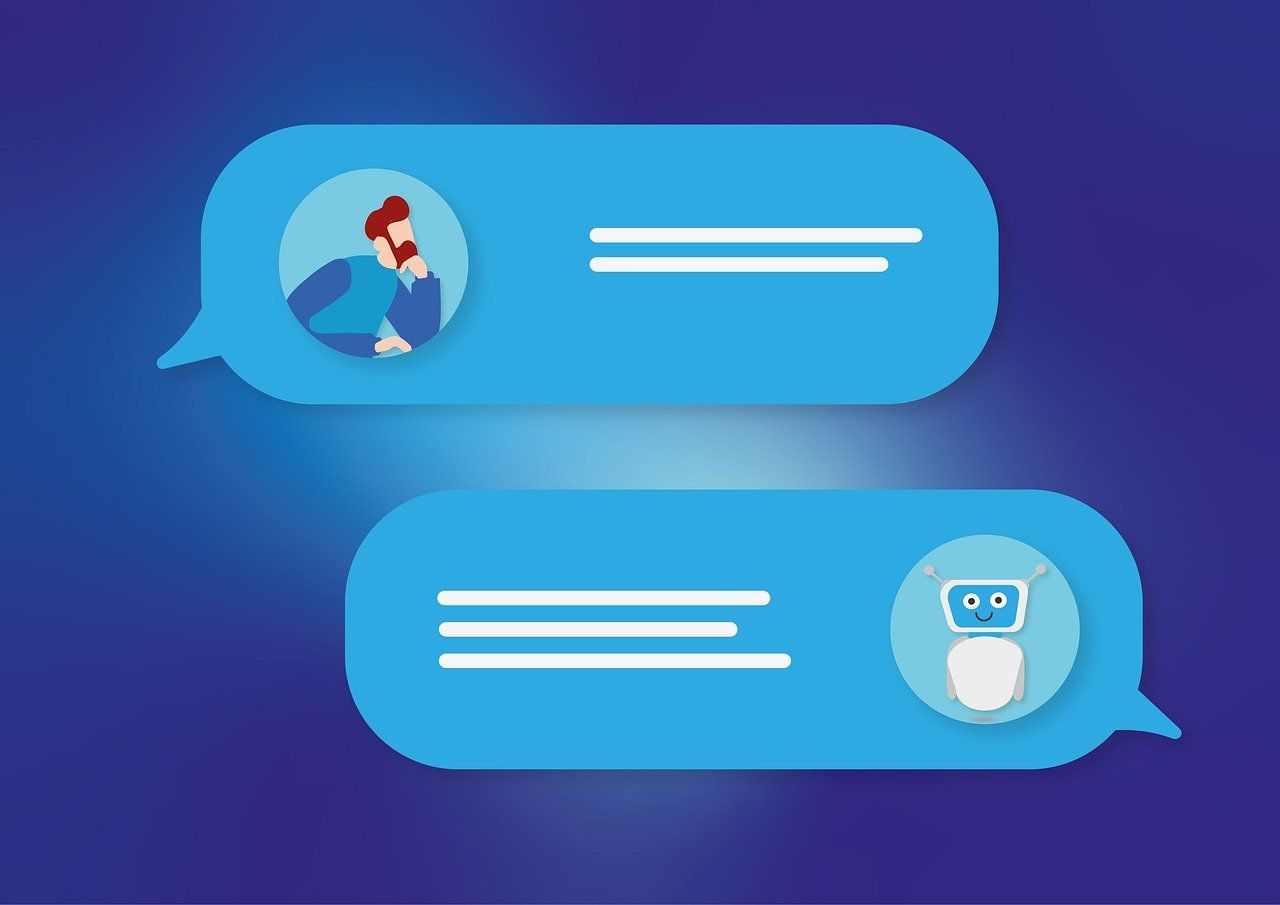
AI and Predictive Analytics: Preventing Illness Before It Happens
 In the world of healthcare, prevention is always better than cure. With the advent of artificial intelligence (AI) and predictive analytics, healthcare professionals are now able to identify potential health risks and prevent illnesses before they even occur.
In the world of healthcare, prevention is always better than cure. With the advent of artificial intelligence (AI) and predictive analytics, healthcare professionals are now able to identify potential health risks and prevent illnesses before they even occur.
This revolutionary approach to healthcare is transforming the way we think about disease prevention and management.
The Power of AI in Healthcare
AI has the ability to process vast amounts of data quickly and accurately, making it an invaluable tool in healthcare. By analyzing patient data, including medical history, lifestyle factors, and genetic information, AI algorithms can identify patterns and predict potential health risks. This allows healthcare providers to intervene early and prevent the onset of certain diseases.
Predictive Analytics in Action
Predictive analytics is already being used in various areas of healthcare, such as:
- Chronic Disease Management: AI can predict the likelihood of a patient developing a chronic condition, such as diabetes or heart disease, based on their risk factors. This enables healthcare providers to offer personalized preventive care and lifestyle recommendations.
- Hospital Readmissions: By analyzing patient data, AI can identify individuals who are at high risk of being readmitted to the hospital after discharge. This allows healthcare teams to provide targeted interventions and support to prevent unnecessary readmissions.
- Mental Health: Predictive analytics can help identify individuals who are at risk of developing mental health conditions, such as depression or anxiety, based on their social media activity, sleep patterns, and other behavioral data.
Benefits of AI-Driven Preventive Care
The use of AI and predictive analytics in preventive care offers numerous benefits, including:
- Early Detection: By identifying potential health risks early, healthcare providers can intervene before a condition progresses, leading to better patient outcomes.
- Personalized Care: AI enables healthcare professionals to offer tailored preventive care plans based on an individual's unique risk factors and needs.
- Cost Savings: Preventing illnesses before they occur can significantly reduce healthcare costs associated with treatment and hospitalization.
Challenges and Considerations
While AI and predictive analytics hold great promise for preventive care, there are also challenges and considerations to keep in mind:
- Data Privacy: Ensuring the privacy and security of patient data is crucial when using AI in healthcare. Strict regulations and protocols must be in place to protect sensitive information.
- Algorithmic Bias: AI algorithms are only as unbiased as the data they are trained on. It is essential to ensure that the data used to train AI models is diverse and representative to avoid perpetuating existing health disparities.
- Human Oversight: While AI can provide valuable insights, it should not replace human judgment. Healthcare professionals must still play a critical role in interpreting AI predictions and making final decisions about patient care.
Conclusion
The integration of AI and predictive analytics into preventive care is a game-changer for the healthcare industry. By identifying potential health risks early and offering personalized interventions, healthcare providers can help individuals maintain optimal health and prevent the onset of serious illnesses.
As AI continues to advance, we can expect to see even more innovative applications in disease prevention and management, ultimately leading to a healthier population and a more efficient healthcare system.
Related Articles


